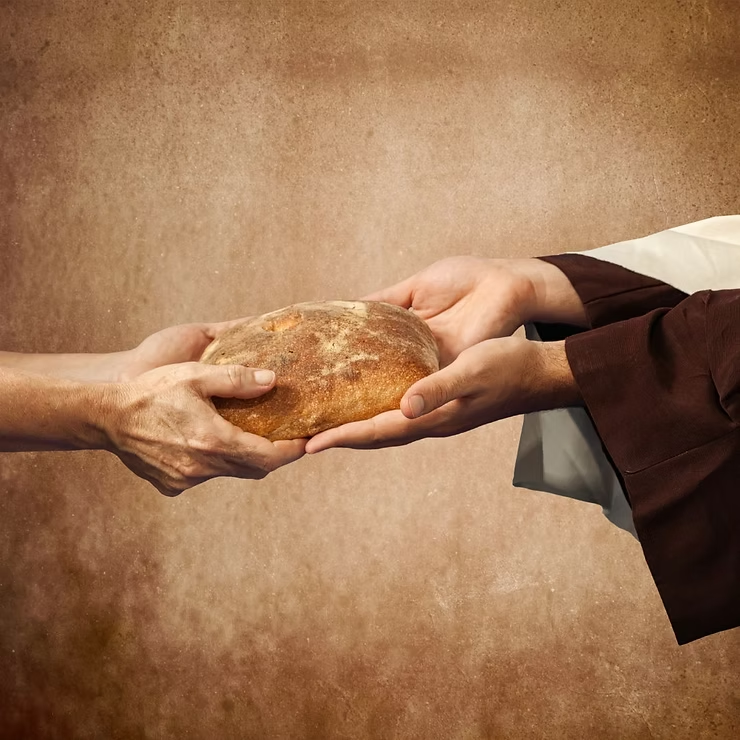The Transformative Power of Delighting in God
Psalm 37:4-5 presents a profound spiritual principle: “Delight yourself in the Lord, and he will give you the desires of your heart. Commit your way to the Lord; trust in him, and he will act.” This passage invites us into a dynamic relationship where our deepest fulfillment is found in God Himself.
Exegetical Insights
- Hebrew terminology: “Delight” (ענג) implies exquisite pleasure and satisfaction
- Covenantal context: Relationship precedes requests in God’s economy
- Parallel structure: Delight → Receive; Commit → Trust → God Acts
Theological Framework
| Human Action | Divine Response | Biblical Correlates |
|---|---|---|
| Delight in the Lord | Receiving transformed desires | Matthew 6:33; John 15:7 |
| Commit your way | Divine guidance and intervention | Proverbs 3:5-6 |
| Trust in Him | Assurance of God’s action | Isaiah 26:3-4 |
Practical Applications
1. Cultivating Delight
- Worship: Making God our supreme treasure (Psalm 16:11)
- Meditation: Saturating our minds with God’s character
- Obedience: Demonstrating love through action (John 14:15)
2. The Process of Commitment
- Surrender control through prayer (Philippians 4:6-7)
- Align decisions with biblical principles
- Release outcomes to God’s sovereignty
3. Developing Trust
- Remembering God’s faithfulness in Scripture
- Recording personal testimonies of providence
- Practicing patience in God’s timing (Psalm 40:1)
Common Misunderstandings
1. The Prosperity Gospel Error
- Psalm 37 is not a formula for material gain
- Transformed desires often involve spiritual rather than temporal blessings
- Contentment in Christ supersedes circumstantial happiness (Philippians 4:11-13)
2. Passivity vs. Active Trust
- Commitment doesn’t negate human responsibility
- Trust works through wisdom and diligence (Proverbs 21:5)
- Balance between effort and dependence
Historical Perspectives
1. Early Church Interpretation
- Clement of Alexandria: Delight as purification of desires
- Augustine: Our hearts restless until they rest in God
2. Reformation Insights
- Luther: Delight flowing from justification by faith
- Calvin: Commitment as expression of divine sovereignty
Contemporary Challenges
1. In an Instant-Gratification Culture
- Countercultural patience in God’s timing
- Resisting the commodification of spirituality
2. Amidst Suffering and Delay
- Maintaining delight during trials (Habakkuk 3:17-18)
- Trusting God’s action when circumstances contradict
Spiritual Disciplines for Implementation
1. Daily Practices
- Gratitude journaling for God’s faithfulness
- Scripture memorization of trust passages
- Examen prayer reviewing God’s daily provisions
2. Communal Reinforcement
- Small group accountability in surrender
- Corporate worship focusing on God’s worthiness
- Testimony sharing of God’s interventions
Conclusion: The Journey of Delight
Psalm 37:4-5 invites us into a lifelong pilgrimage where:
- Our primary joy becomes God Himself
- Our surrendered paths become His canvas
- Our growing trust discovers His faithful action
As we walk this path, we discover the paradox Jesus taught: in losing our self-directed lives, we find true life (Matthew 16:25). May we increasingly delight in the Lord, commit our ways unreservedly, and witness the beautiful unfolding of His perfect will.

